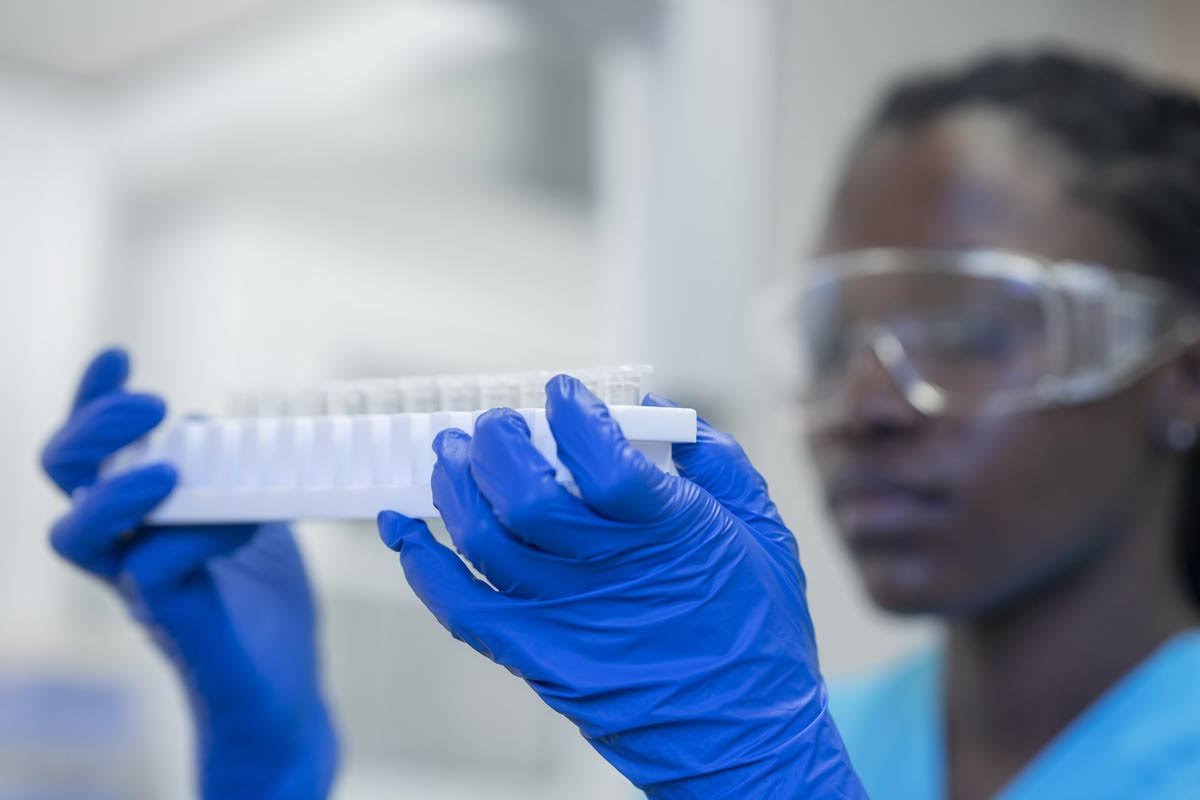The Global Alliance for Vaccines and Immunisation (Gavi) has warned that Africa’s persistent exclusion from clinical trials is undermining efforts to improve access to innovative medicines and posing a threat to global health security.
According to the World Health Organization (WHO). Despite shouldering a quarter of the world’s disease burden, the continent hosted only 1.1% of all clinical trials worldwide in 2023,
In a statement published on its website, Gavi noted that Africa bears 25% of the global disease burden but remains under-represented in research. “Clinical trials conducted in Africa are crucial for improving access to medicines,” it stated.
“Urgent action is required to prevent Africa’s exclusion from becoming cemented for decades to come – to the detriment of us all,” Gavi warned. “As health threats grow more complex with pandemics, antimicrobial resistance, and climate change, building an inclusive research ecosystem is essential to prepare for what lies ahead.”
Experts say the consequences of under-representation are profound, as clinical trials determine where treatments are approved first, how swiftly they become available, and whether medicines are tested for safety and efficacy across diverse populations.
The 2024 Access to Medicine Index found that just 27.5% of late-stage research and development projects by the world’s top 20 pharmaceutical companies included at least one African country. Out of 324 late-stage projects analysed, only 89 involved African sites.
“This exclusion has far-reaching implications not only for healthcare on the continent but also for global health security,” Gavi added. “Management guidelines for specific diseases are based on trials conducted in the limited locations where they are run.”
The disparity is particularly stark for high-burden diseases such as sickle cell disease, which affects over 80% of patients in Africa. Despite the promise of gene therapy, there are currently no gene therapy trials for sickle cell disease taking place on the continent. Similarly, modern long-acting injectables that could improve treatment adherence remain largely untested in African populations beyond HIV/AIDS trials.
According to Gavi, “Developing innovations tailored for an African setting could be transformative – but only if the continent is included from the outset.”
The pharmaceutical industry, as the primary sponsor of clinical trials, has been urged to broaden its focus beyond infectious diseases typically associated with Africa to include chronic conditions such as cancer and heart disease.
The Access to Medicine Index revealed that only 16 out of 80 candidate medicines targeting priority diseases were being tested in African countries, even though many address illnesses with high prevalence on the continent.
“Urgent action is required to prevent Africa’s exclusion from becoming cemented for decades to come – to the detriment of us all,” Gavi warned. “As health threats grow more complex with pandemics, antimicrobial resistance, and climate change, building an inclusive research ecosystem is essential to prepare for what lies ahead.”
While a few multinational pharmaceutical companies have demonstrated that inclusive trial design is possible, with examples of early access and local data collection, these remain the exception rather than the norm.
Gavi emphasised that integrating African sites earlier in clinical trial programmes is an essential first step towards achieving equitable access to innovative medicines and strengthening health systems worldwide.



